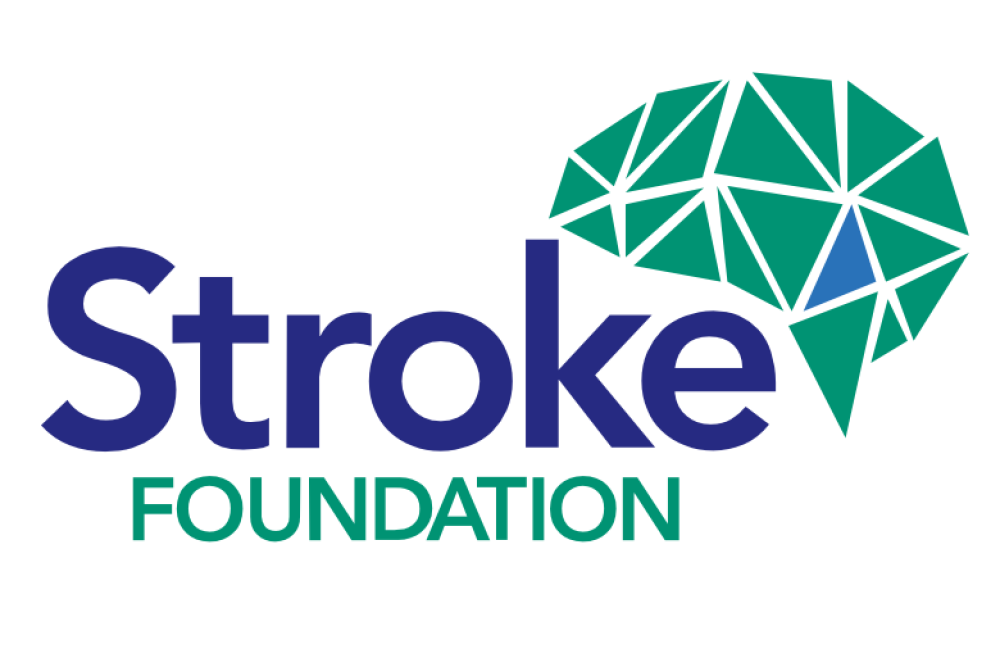General News
20 June, 2025
Learning the signs of stroke saves lives
Australian men, alongside the rest of the community, are being encouraged to learn the life-saving signs of stroke. Locals are urged to have the important conversation with their friends, colleagues and loved ones.

Last week the Stroke Foundation ran a week-long ‘Bloke Beside You’ campaign aiming to teach men the FAST acronym outlining the common signs of stroke; facial droop, inability to lift both arms, slurred speech, and time — call an ambulance immediately.
While their campaign may have passed, Stroke Foundation CEO Dr Lisa Murphy said health messaging has to be constant.
“There’s so much going on in our lives at the moment. There’s so much information, we’re just surrounded by it almost 24 hours a day,” she said.
“Unless we keep that messaging up about the FAST signs, doing awareness campaigns, then people are going to forget.”
While more men in Mallee are living with stroke than women, at 55.8 percent for the former, their awareness of the signs of stroke are 13 percent worse than women nationally with almost half of men not knowing the main signs, according to a Stroke Foundation national survey.
They’re concerning numbers considering Hannah Scott’s, MDHS’ nurse unit manager for the Urgent Care Centre, emphasis on timely care.
“Over my 13 years as a critical care registered nurse, I have seen patients with severe strokes recover fully after their families recognised symptoms early and sought urgent help. Time is critical — brain cells are lost every minute treatment is delayed,” she said.
“Faster recognition and response improve outcomes, save lives and reduce long-term disabilities.”
That’s why Stroke Foundation’s campaign emphasises conversation with loved ones, Dr Murphy explained, it’s to spread that life-saving messaging in the community.
“Having that trusted friend or community leader actually talk to you about medically important things is probably the most powerful way to get traction,” she said.
“Having those side-by-side conversations are so important.”
There are 4292 people living with stroke in Mallee, 16.1 percent of them under 65. Underneath these numbers, however, is the impact stroke has on small communities and local families as Ms Scott explained.
“I see firsthand how strokes affect local families. Stroke survivors often face lasting challenges that impact their physical health, emotional wellbeing and independence. This also places a significant strain on families and caregivers who provide essential support,” she said.
“As a rural hospital we strive to provide the best possible care. However our resources for stroke treatment and rehabilitation are limited compared to larger centres. This makes early recognition and rapid response within the community even more important.”
Dr Murphy believes these conversations don’t need to be avoided, or special, but instead happen between friends watching local footy or out on the golf green.
It’s a sentiment Ms Scott echoes.
“Talking about strokes doesn’t need to be scary. It’s important to understand risk factors like high blood pressure, high cholesterol, smoking, diabetes, inactivity and poor diet. Knowing the signs and symptoms enables people to call 000 promptly and potentially save lives,” she said.
Voice of the Stroke Foundation’s campaign and survivor of stroke, Bill Gasiamis, said he wants others to learn and share this important health message.
“Blokes tend not to have those types of discussions. They have discussions about all sorts of things like sport, politics and silly things they saw on social media, but they don't talk about health and wellbeing and I think that, if blokes were able to share that with each other, they would be able to improve the possibility that they’ll have a good outcome should a stroke strike,” he said.
Ms Scott encourages locals to regularly see their GP to assess and manage the risk factors of stroke.
“Recognising these signs and acting quickly can make all the difference,” she said.
In regional areas making a booking at the GP can have a long wait, however, Dr Murphy said pharmacists are able to advise on some of the risk factors including checking blood pressure to advice on losing weight, stopping smoking, and reducing alcohol consumption.
Further information can also be found on the Stroke Foundation’s website.
“We want all Aussie men to learn the F.A.S.T. signs of stroke and pass on that knowledge to the bloke beside them, whether it’s their dad, son, uncle or workmate, because this small but mighty acronym can save lives,” she said.